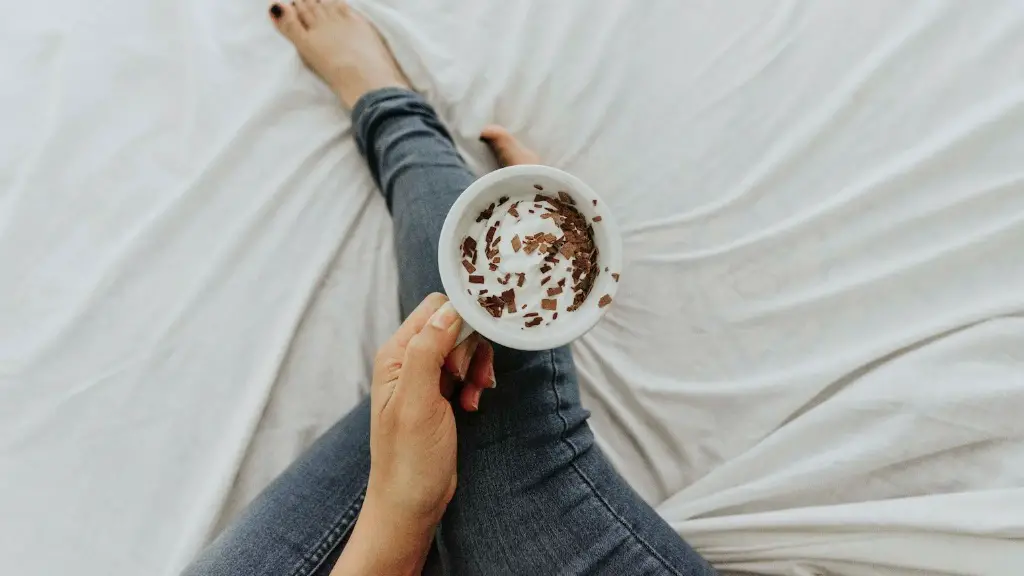What is the Risk of Drinking Coffee That’s Been Left Out?
Coffee is an essential morning staple for many people, with some even having it multiple times a day. But have you ever wondered if it is safe to drink coffee that has been sitting out?
The answer is not that simple. It depends on a variety of factors, such as how long it has been left out and how it was stored. Generally speaking, the risk of drinking coffee that has been left out is low, but it is still always best to practice safe food practices.
Can Bacteria Grow in Coffee?
Coffee is quite acidic, so bacteria and other contaminants are not as likely to survive in it as other foods. Studies have shown that it is difficult for bacteria to grow in coffee, even after it has been left out for long periods of time.
However, there is still the possibility of it becoming contaminated with certain types of pathogens, such as Salmonella and E. coli. These pathogens can be introduced through contact with an infected person or food item.
Risk of Toxins
Coffee that has been left out for too long can also be at risk of developing toxins. One example of this is hydroquinone, which is a natural toxin found in coffee. This toxin can cause serious side effects, such as vomiting, headaches, and diarrhea.
Coffee can also become contaminated with other forms of toxins, such as mycotoxins. These are toxic compounds that can be produced by certain types of fungi, which can get into your coffee if it is exposed to open air for too long.
Storing Coffee the Right Way
To reduce the risk of contamination and toxin buildup, it is important to store your coffee the right way. You should always store your coffee in an airtight container in a cool, dry place.
This will help ensure that no bacteria or contaminants can get into your coffee and that it does not become overwhelmed with toxins. It also helps to keep your coffee fresh and flavorful for longer periods of time.
The Best Time Limit for Drinking Coffee
The best rule of thumb is to try to consume your coffee within 24 hours. After that, it is generally not advised to drink it, as it could contain unsafe levels of contaminants and toxins.
It is also important to remember that the longer your coffee has been left out, the more likely it is to become contaminated and develop toxins. So, it is usually best to drink your coffee within a few hours of making it.
Effects of Drinking Stale Coffee
While drinking coffee that has been left out is generally safe, it is important to remember that it won’t taste as good as freshly brewed coffee. That is because the flavor of your coffee will start to deteriorate after it has been left out for too long.
Additionally, drinking stale coffee can also cause digestive issues, as the bacteria and toxins that may have accumulated in your coffee can irritate your stomach and digestive system.
Alternatives to Drinking Left Out Coffee
If you are concerned about drinking left out coffee, there are plenty of other options available. For instance, you can make a fresh cup of coffee or opt for a cold brew.
Cold brew is generally the safest option, as cold brews are brewed in a sealed container and brewed for an extended period of time. This helps to ensure that the coffee does not become overwhelmed with toxins or bacteria.
Can You Reheat Left Out Coffee?
It is not generally recommended to reheat coffee that has been left out, as it is more likely to contain bacteria and toxins that could potentially make you sick. Additionally, reheating can also cause the coffee to taste really bad.
If you have left over coffee and want to drink it, it is usually better to just make a fresh cup. That way, you can be sure that the coffee you are drinking is safe and tastes great.
Cleaning Coffee and Kept Equipment
It is also important to regularly clean your coffee maker and other coffee-making equipment. This will help to ensure that any bacteria or contaminants that might have gotten into your coffee maker are killed off and that your coffee tastes great every time.
Furthermore, it is also important to change out your coffee filters regularly. This will help to get rid of any particles and contaminants that may have been in the coffee.
Conclusion
The risk of drinking coffee that has been left out is generally low, but that does not mean that you should take any chances. It is still always better to practice safe food-handling practices and to consume your coffee within a few hours of making it. Additionally, it is important to regularly clean your coffee equipment and change out the coffee filters to keep your coffee tasting great and free from contaminants.


